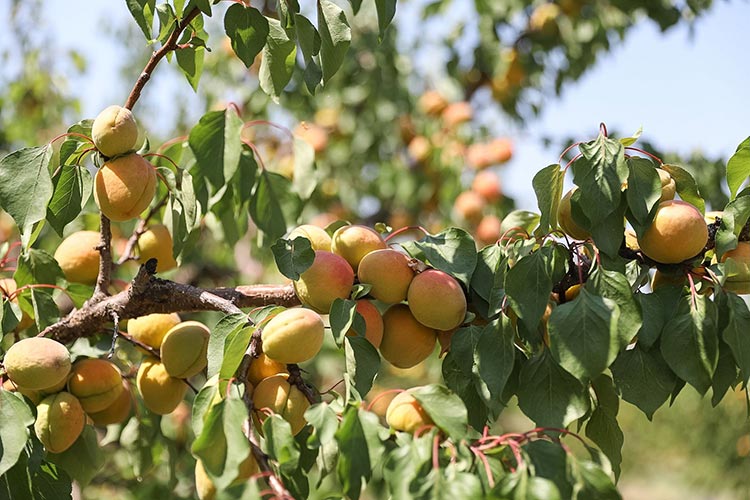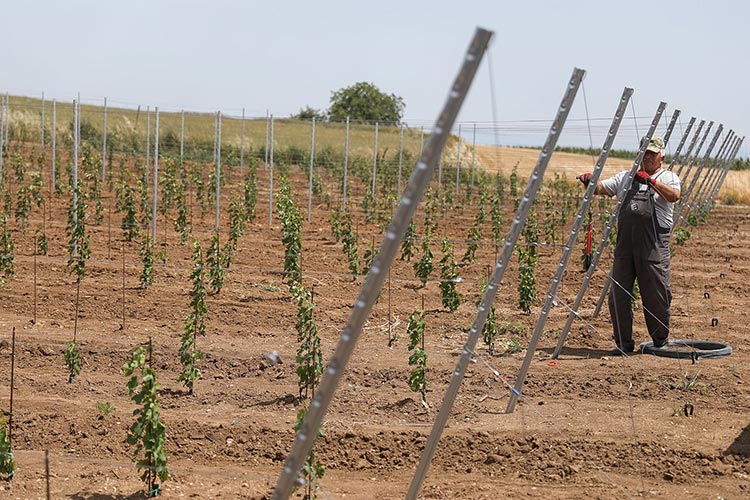Obtaining a certificate for the production of organic food should be easier for small farmers from January 1st this year, thanks to the new group certification system. The new rules of the European Commission apply to producers from the European Union, but also from countries that are not members of the EU, but export their organic products to the EU market.
Organic farming is a fast growing area in EU agriculture, which is a direct result of increased consumer interest in organic products. In response to the challenges posed by this rapid expansion, and in order to provide an effective legal framework for the industry, the EU has passed new legislation.

Due to the complexity and importance of the secondary legislation under preparation, its entry into force was postponed by one year, from 1 January 2021 to 1 January 2022. Covid crisis slowed down this process, as well. The postponement was originally requested by EU countries, the European Parliament, non-EU countries, and other stakeholders.
Examples of the changes that will be made under the new organic legislation include:
- production rules will be simplified through the phasing out of a number of exceptions and opt outs;
- the control system will be strengthened thanks to tighter precautionary measures and robust checks along the entire supply chain;
- the annual physical inspection will be based on a risk-based assessment and will no longer be mandatory for all operators. The physical inspection of low-risk establishments or facilities can now be carried out every 24 months.
- producers in third countries will have to comply with the same set of rules as those producing in the EU;
- organic rules will cover a wider list of products (e.g. salt, cork, beeswax, vine leaves, palm hearts) and will have additional production rules (e.g. deer, rabbits and poultry);
- certification will be easier for small farmers thanks to a new system of group certification;
- there will be a more uniform approach to reducing the risk of accidental contamination from pesticides;
- exemptions for production in demarcated beds in greenhouses will be phased out.

In March 2021, the Commission launched an organic action plan for the European Union. The action plan envisages achieving the goal according to which a quarter of agricultural land should be in the service of organic production by 2030.
Last year, September 23 was established as the European Day of Organic Production, and in the future it will be celebrated on the same date, every year.
Find more information here.
Source: europa.rs